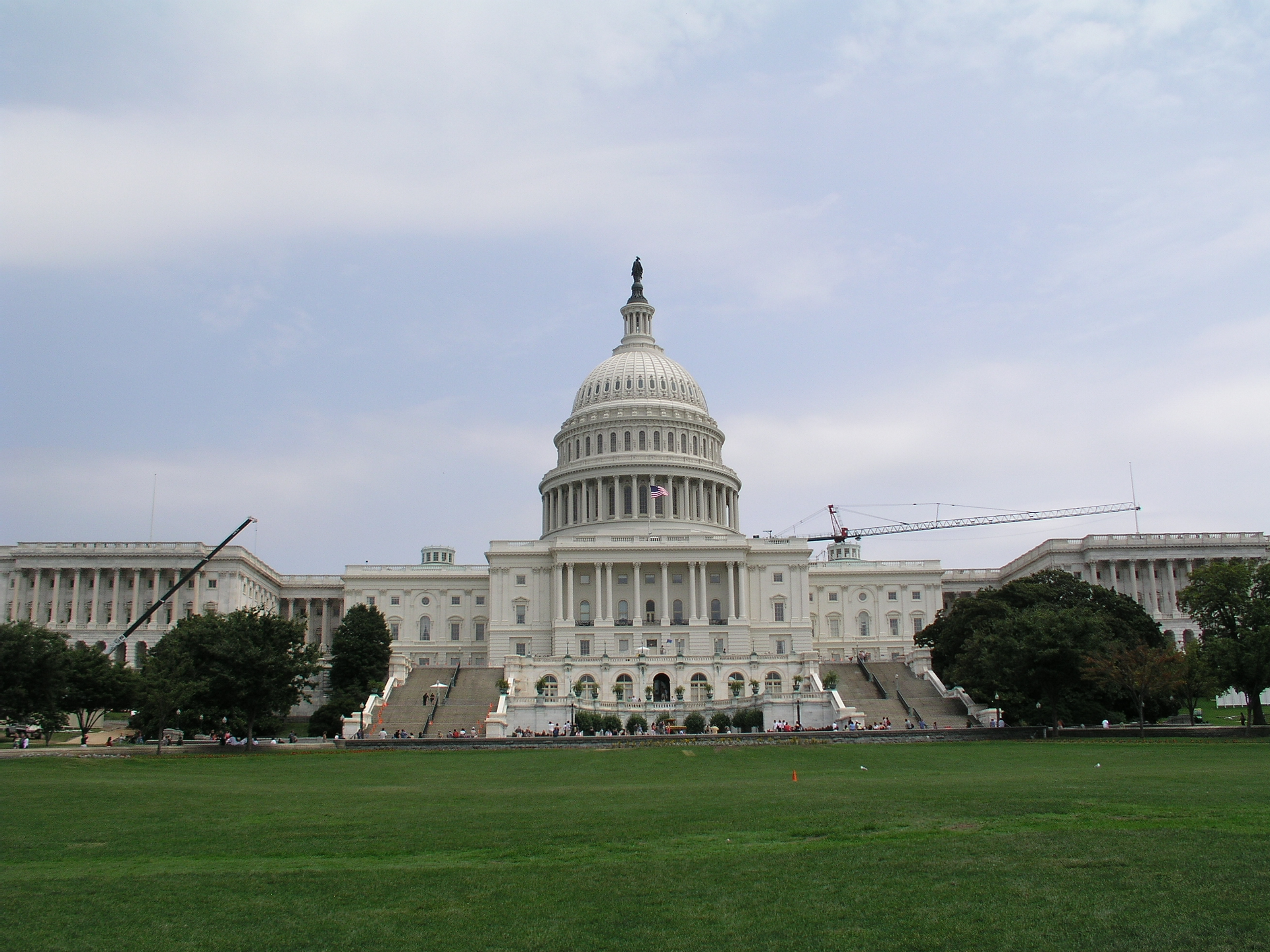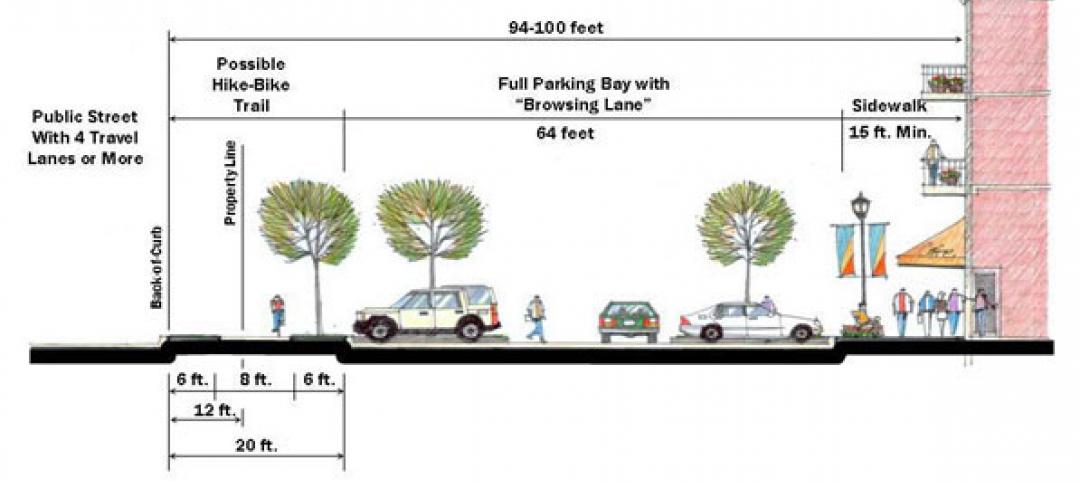Several real estate organizations, including the National Multifamily Housing Council (NMHC), have joined forces to urge Congress to fully fund the 2020 Census and the annual American Community Survey (ACS) in its 2016 budget, which lawmakers are currently debating.
Developers, builders, and contractors rely on these government data to gauge, among other things, changes in population demography and mobility, factors that play major roles in planning and construction plans.
Last year, the industry dodged a bullet when Congress failed to approve a measure that would have made participation in ACS voluntary. “This would have reduced the survey’s accuracy and made it more costly by requiring additional effort to ensure a representative sample,” NHMC states on its website. The Council notes, too, that the industry wants Congress to restore three-year data collection methods that got changed last year.
In its 2016 budget, the Obama Administration is requesting $1.5 billion for the Census Bureau in fiscal year 2016, including $663 million for the 2020 Census (a 91% increase over the previous Census budget) and $257 million (plus $15 million) for the ACS, according to the Census Project, a collaboration of state and local governments, advocacy and business groups, and research organizations interested in a fair and accurate census. Obama is asking Congress for an extra $1 billion for hiring and promotion for the decennial count, after plans to automate door-to-door interviewing in the 2010 Census failed to muster Congressional support.
Population data are of critical importance to municipalities, too. The Arizona Republic reported last month that the city of Chandler, Ariz., will pay the Census Bureau more than $4 million to conduct an updated population count for that metro later this year. Chandler is hoping that the new count will show how its population has increased significantly since the 2010 Census, which put Chandler’s population at 236,326 residents. (Arizona allocates state-shared revenue based on a city’s population.)
The Census Project notes that the Bureau is trying to save as much as $5 billion over the census lifecycle by investing early in research, testing, and development of new methods and technologies. For example, later this year the Bureau plans to hold focus groups with people who would be affected by a new classification being considered for Americans of Middle Eastern and North African descent. The 2013 ACS—with a sample size of 3 million addresses nationwide—estimated that there were about 1.5 million Arab Americans in the U.S. in 2006-10. If this test proves successful, the new classification could be included in the 2020 Census, according to the Associated Press.
Related Stories
| Sep 2, 2014
Proposed federal rules would create more stringent healthcare facility safety rules
A key change is a requirement that buildings over 75 feet tall have sprinkler systems throughout the structure. Existing buildings would have 12 years to install them.
| Sep 2, 2014
Construction unions, housing activists press New York mayor on affordable apartment projects
A group of New York City construction unions have joined forces with affordable housing activists to pressure Mayor Bill de Blasio to require organized labor on construction of 80,000 lower-cost apartment units.
| Aug 27, 2014
Houma, La., will tap FEMA grants to raise hurricane resilience standards on public buildings
The Houma-Terrebonne Civic Center and other public buildings in Houma, La., would be renovated to withstand Category 3 hurricane winds according to a plan being considered by the Parish Council.
| Aug 27, 2014
Napa Valley assesses impact of structural retrofits on buildings after earthquake
About 30 inspection teams of two inspectors each have conducted at least quick exterior inspections of downtown Napa, Calif., buildings since a magnitude 6.0 earthquake struck the region.
| Aug 27, 2014
Liberty Building Forensics cautions hotel building teams on moisture, mold issues
Liberty Building Forensics Group, a building forensics firm warned building teams working on hotel projects to be on guard against moisture intrusion and mold.
| Aug 27, 2014
Requirement for site safety inspectors hampering construction in New York City
New York City’s regulation that requires contractors to hire independent safety inspectors for job sites is holding up projects worth millions of dollars, contractors say.
| Aug 27, 2014
Turkish government orders demolition of residential towers in Istanbul
Citing negative effects to a world heritage site, the Turkish central government has ruled that the recently completed OnaltiDokuz Residence towers must be demolished.
| Aug 21, 2014
Industry groups agree to streamline green building tool coordination and development
Major building industry groups the International Code Council (ICC), ASHRAE, the American Institute of Architects (AIA), the Illuminating Engineering Society of North America (IES), and the U.S. Green Building Council (USGBC) have agreed to collaborate on the development of Standard 189.1, the International Green Construction Code (IgCC), and the LEED green building program.
| Aug 21, 2014
Performance-based zoning: U.S. cities starting to loosen zoning regulations
Driven by New Urbanism, more than two dozen communities in the U.S. have loosened zoning restrictions in recent years.
| Aug 21, 2014
Meeting to finalize amendments to green property underwriting standard
The National Public Meeting for Resiliency + Infrastructure Consensus Underwriting Standard Amendments will take place September 16, from 9 a.m.-12p.m. at Perkins+Will, 1250 24th St. NW, Washington, DC in the World Wildlife Fund Building.










